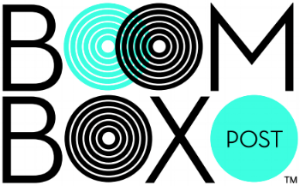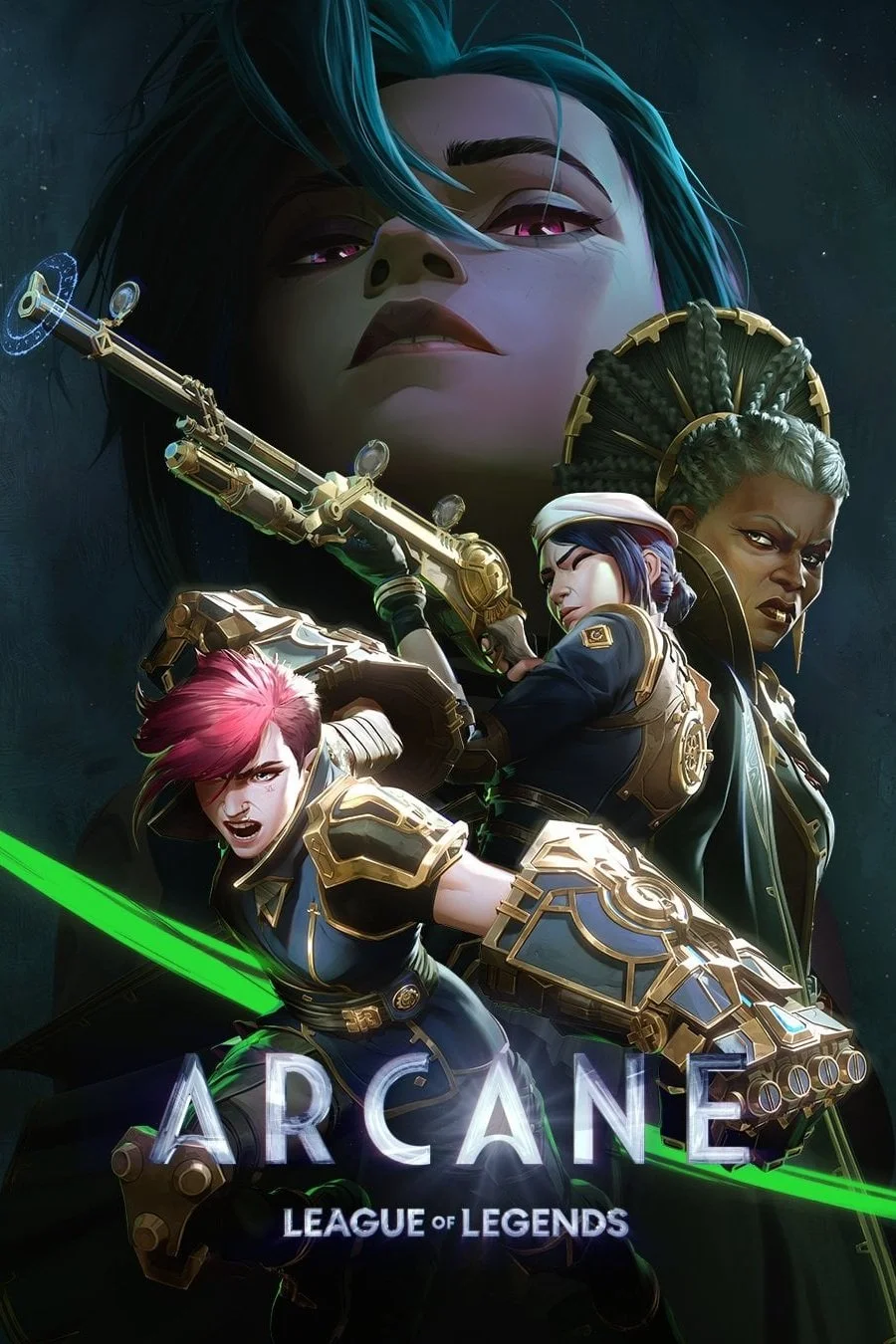A COLLABORATIVE POST
WRITTEN BY BOOM BOX POST
Over the course of the last three years, Jayson Niner has become a key player here at Boom Box. He started out as an assistant editor, but his versatility allowed him to quickly make the jump to sound effects editor. In addition to cutting sound effects, he is also currently the predubbing mixer on the majority of our projects. Most recently, he added digital foley design and editorial to his duties. We sat down with him last week to chat about his journey at Boom Box and how he’s become the newest swiss army knife of the company.
you’ve been a Swiss Army knife for Boom Box. Did you have a strong foundation of these skills or did you pick up most of it on the job?
I definitely had at least some experience in each of the roles, but every studio and person does things a little differently. For instance, I had done sound effects editing on live action indie projects and short films, but working for TV animation was totally different. Some of my instincts were compatible, but others I had to relearn. Honestly, the role that might have been the most difficult to adjust to was assistant editor. Boom Box works on so many shows, each with their own eccentricities and specifics. It was really hard to keep up with at first. I do think working as an assistant first really helped improve my organizational skills when it comes to post production though.
Tell us about some of your favorite series you’ve worked on!
That’s really hard to say. I’ve really liked everything I’ve edited sound effects on, but if I had to pick a favorite show to mix, I think I would choose Wylde Pak. There are a lot of fun mixing opportunities in that show and it’s not afraid to get weird.
Of all of these departments, which one do you find yourself enjoying the most?
I really enjoy both cutting effects as well as pre-dub mixing for different reasons. If I have been doing a lot of pre-dub mixing, having a couple of days to cut sound effects feels really refreshing and almost revitalizing. The opposite is also true. If I have been cutting effects for weeks, getting the chance to sit down and mix is really fun! I’m sure I will eventually have to specialize in one, but right now I enjoy having the variety as well as the opportunity to improve my capabilities in multiple different crafts.
how was the transition from editor to predub mixer?
It has been a great learning experience! Going from diving into the details of each sound effect to sitting back and viewing a project more holistically was quite the shift, but I really believe that having the opportunity to mix some of our series has made me a better editor. For one, getting the chance to see our other editors work first hand in Pro Tools has not only inspired me, but also made me rethink how I would edit sequences. I also now have a better insight on how editorial should be organized to help the mixer get through the process quickly and easily. When I cut something now I’m constantly thinking “would I find this a pain to mix?”
What do you find the most challenging about predubbing?
I think the most challenging part, as well as the thing I second guess myself on the most, is dialogue mixing. I probably harp on dialogue evenness a little too much when I do my first pass, but since the dialogue is the first part of the process and the foundation for which the music and effects will be measured to I always feel much more confident in the mix if I feel assured with the dialogue levels.
Could you share a mixing tip you’ve picked up while being in this role?
I have two that come to mind. First, preview mode. I use preview mode all the time to set starting levels, panning, EQ, reverb, effects, you name it. I put playback on loop and mess around with plugin settings or panning until I like what it sounds like and then write automation to selection.
(check out this post Jacob Cook wrote about automation modes!)
The second tip is more creative: I really like lowering the center % parameter in the panning window on mono tracks to widen the stereo field of an effect. What this does is it takes the sound effect out of the center channel and moves them to the left and right channel essentially turning it into a more stereo sound. Instances when I might use this would be if the camera is in or near water and I don’t have a lot of stereo water clips to work with. I can widen the mono water effects to make the water feel more encompassing to the viewer. Another instance when I often lower the center % parameter is when something is coming at the camera and perhaps creating a transition between scenes. This could be a character throwing a ball and crashing into the camera or a big water covering the screen. In either example I start with the center % at 100 but lower it as the object gets closer to the screen making it feel like it’s getting closer and surrounding the viewer. Lowering the center % in these circumstances also has the added benefit of allowing certain sound effects to get out of the way of the dialogue which almost always stays directly in the center channel.
(check out this post Jessey Drake wrote about surround panning!)
OUTSIDE OF THE SOUND WORK ITSELF, WHAT’S YOUR FAVORITE PART ABOUT WORKING HERE?
Probably a cliche answer, but I would say the people. Everyone at Boom Box is super helpful and accommodating. It has been amazing getting to work with everyone here over the last three years!
Are there any movies or TV shows you’ve watched recently that impressed you with sound?
I really loved the sound design and editorial in The Substance. It was big, stylized, and extremely gross! (in a good way). The body horror scenes in the film would not have hit nearly as hard without the amazing sound work! A TV show I watched last year that really engrossed me with sound was the second season of Arcane. The world they built with sound was amazing! I’m a sucker for cool world building and character design and I think Arcane does a fantastic job at creating these different dynamic characters and settings through their own unique sonic languages.
WHAT’S A PIECE OF ADVICE YOU WERE GIVEN EARLY IN YOUR CAREER THAT YOU’D LIKE TO PASS ON?
One of my college professors once told me “you are your first audience.” What they meant by this is, edit or mix something that makes you feel the way you want the audience to feel. This sounds like a no brainer, but I think it’s easy to lose sight of this when working on a project and instead just checking the boxes of what sound effects you need. If you are working on an action scene, make something that legitimately hypes you up! If you are working on comedy, push the sound to enhance the joke. When I laugh at something I have cut or mixed at the very least I can say one person thought it was funny. Even in horror scenes, if what you're working on creeps you out, lean into it! Unlike the visual aspect of film and TV, sound communicates much less with your active logical side and more with your subconscious emotional side so make yourself feel something with your sound work.
IF YOU HAD TO DESCRIBE YOURSELF AS A SOUND EFFECT, WHAT WOULD IT BE?
A really hefty punchy explosion. Super versatile and can be added to a lot of sound effect builds to add some more impact.
Learn more about more about the people at Boom Box with these previous posts:
Superviser Spotlight: Tess Fournier




